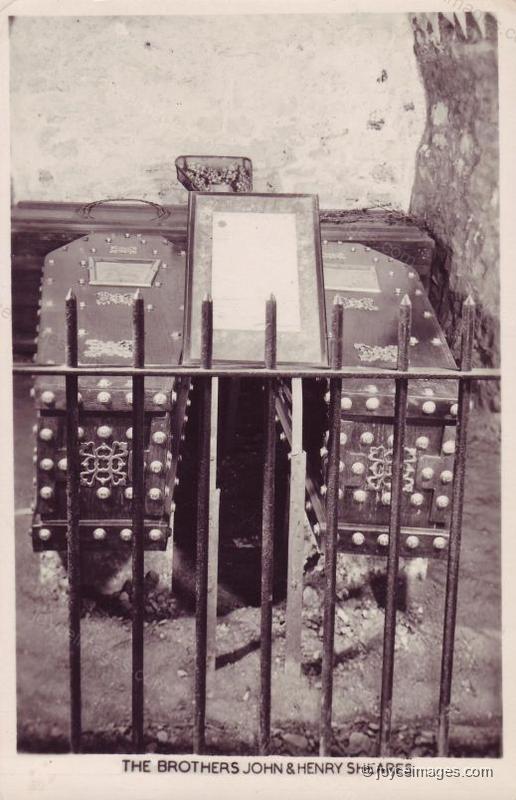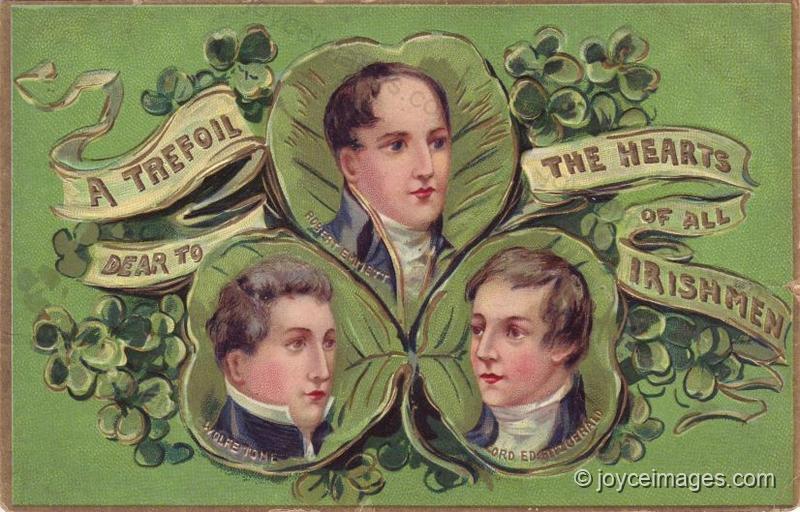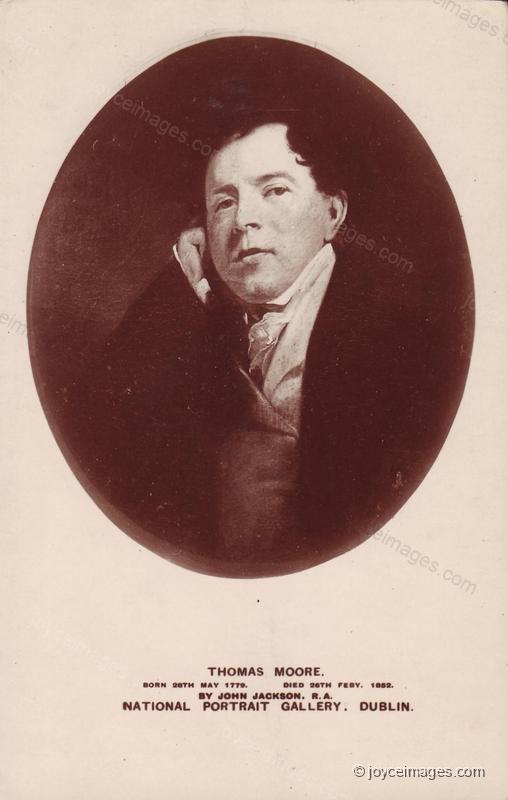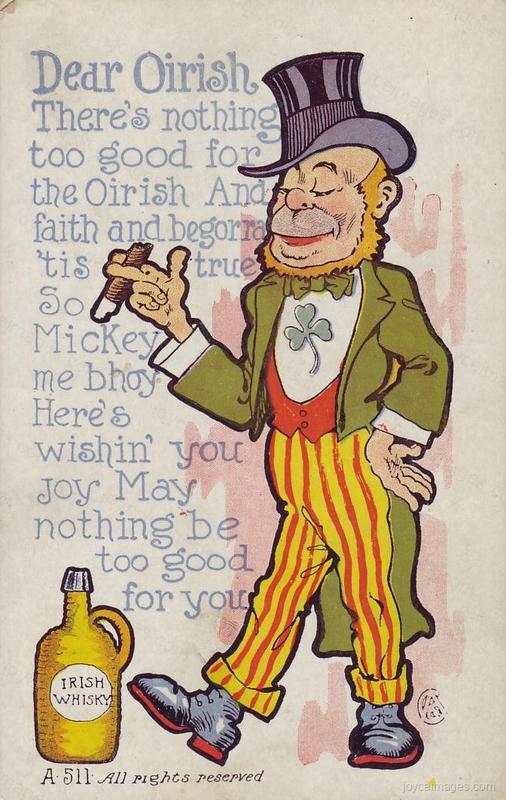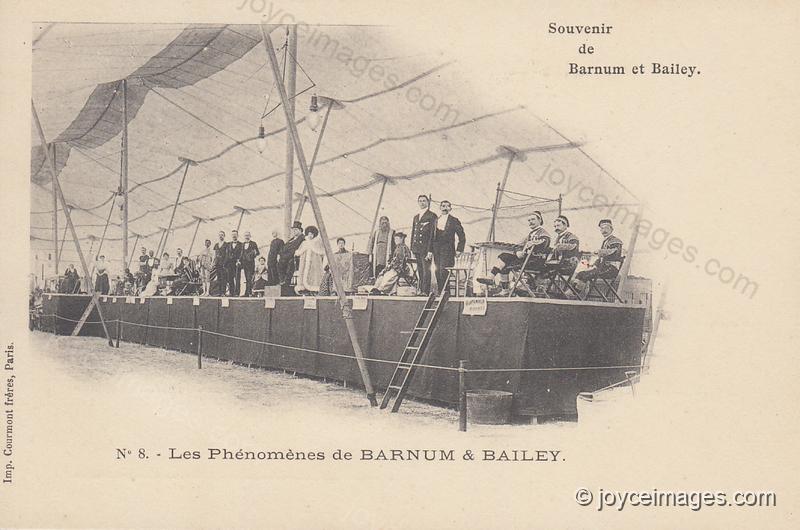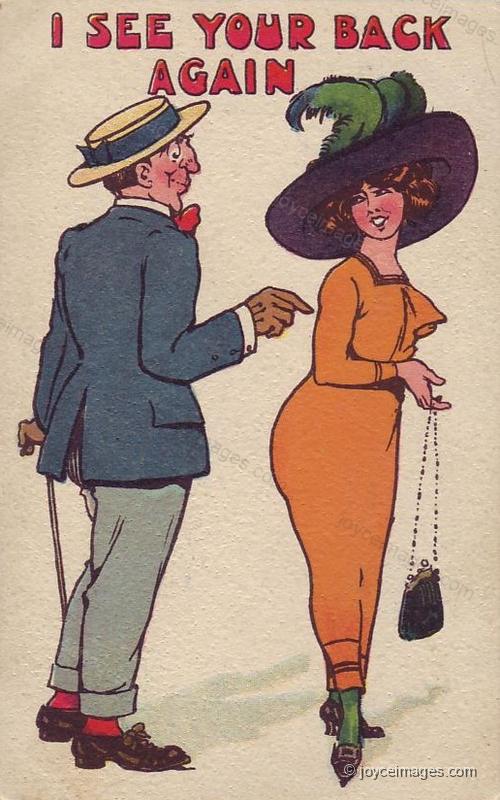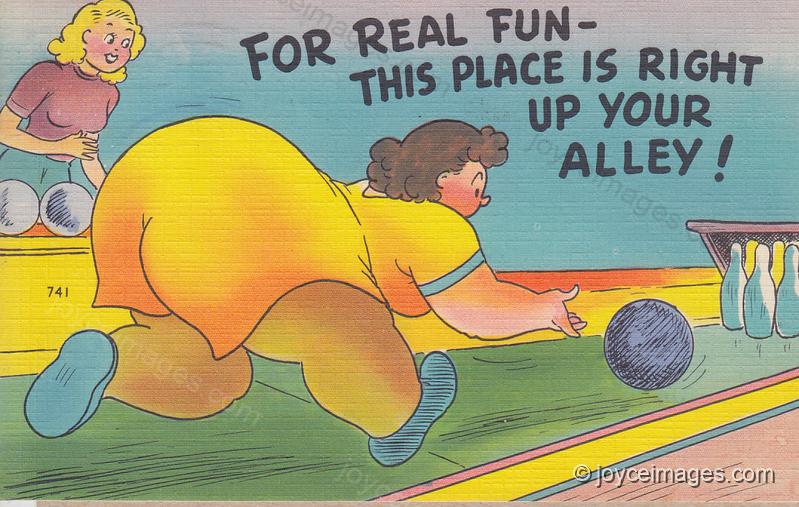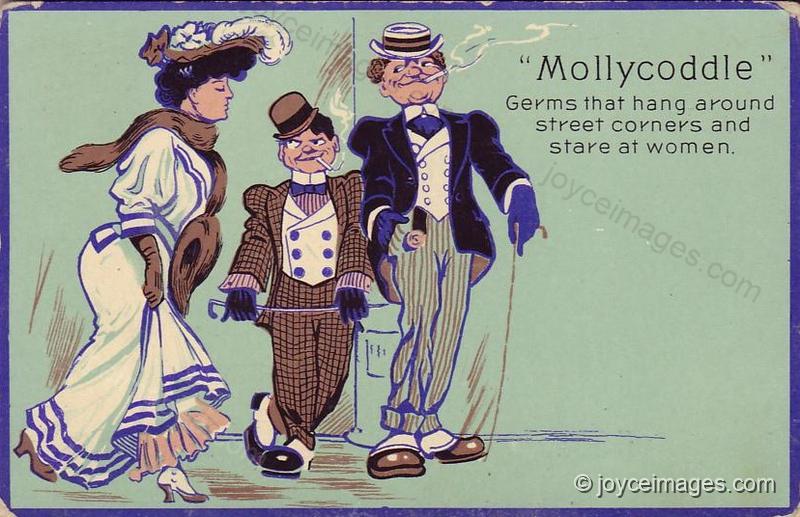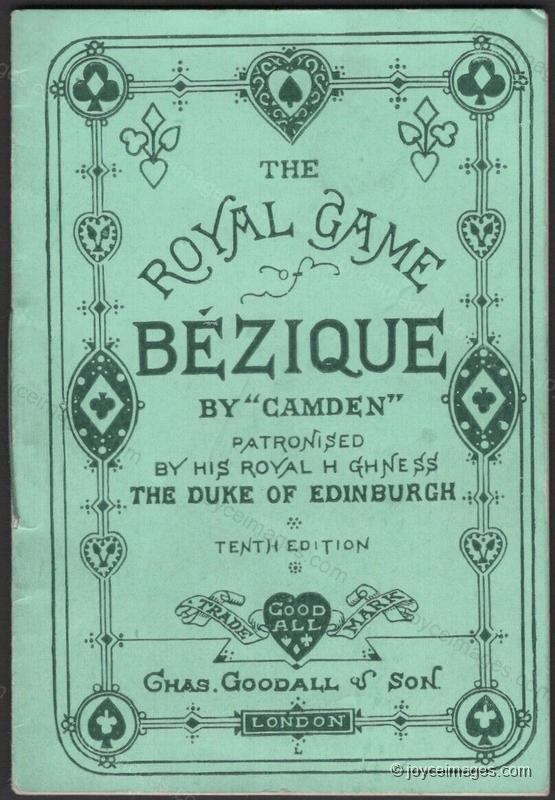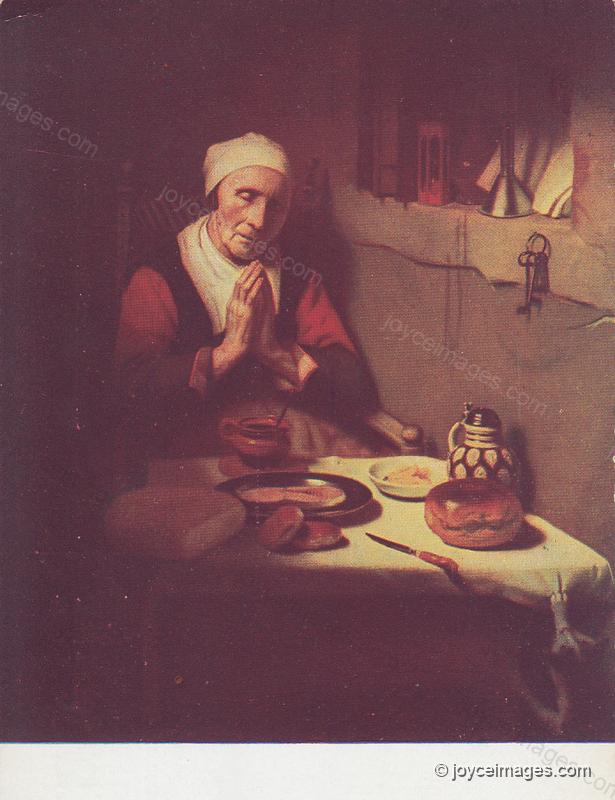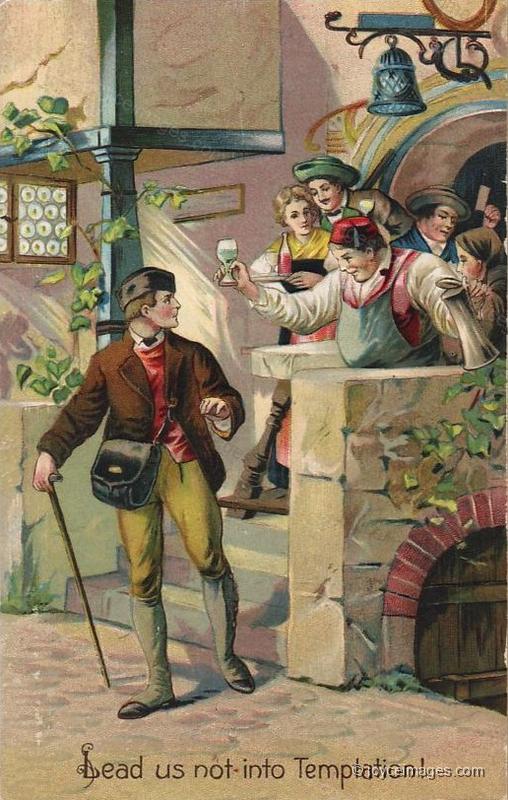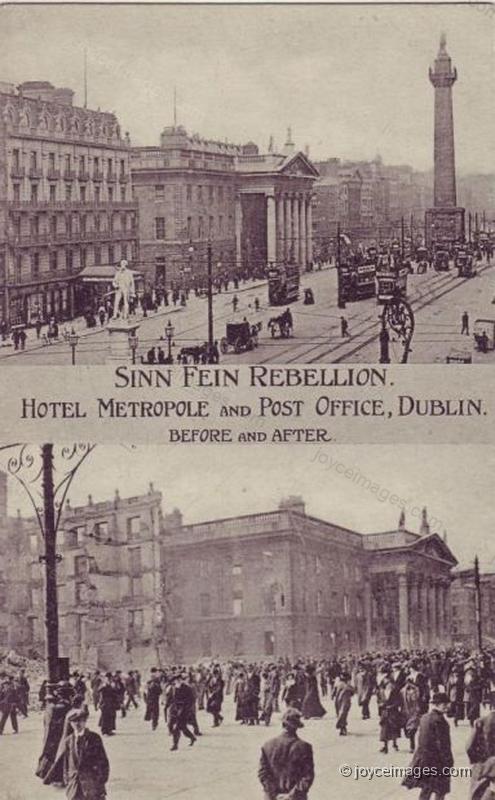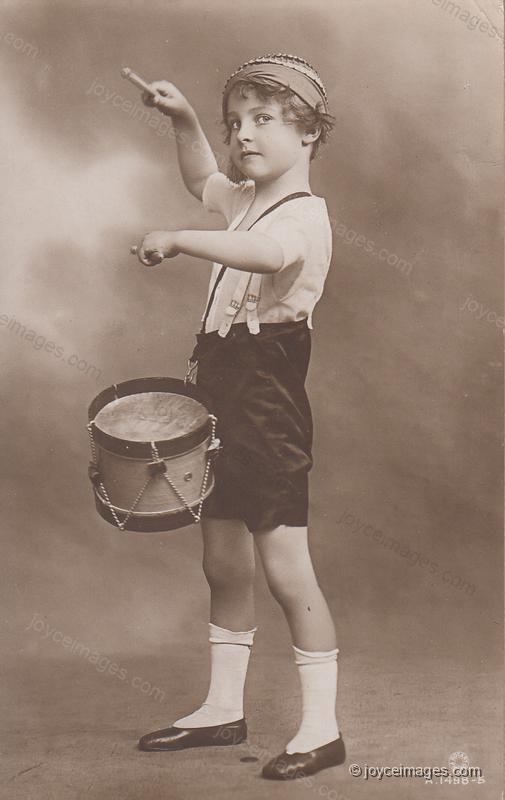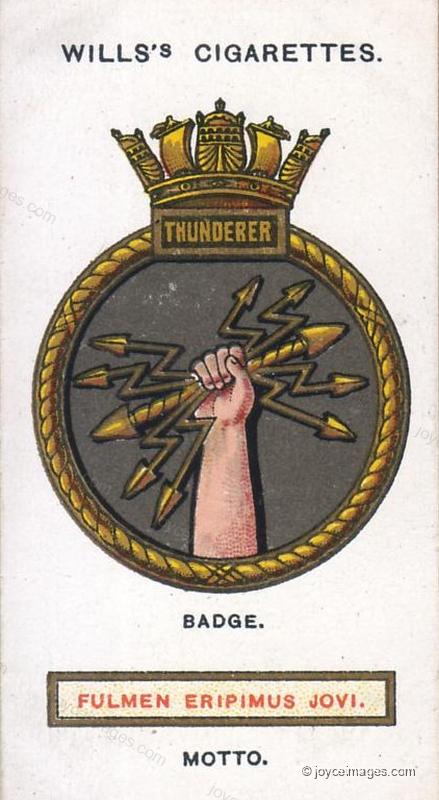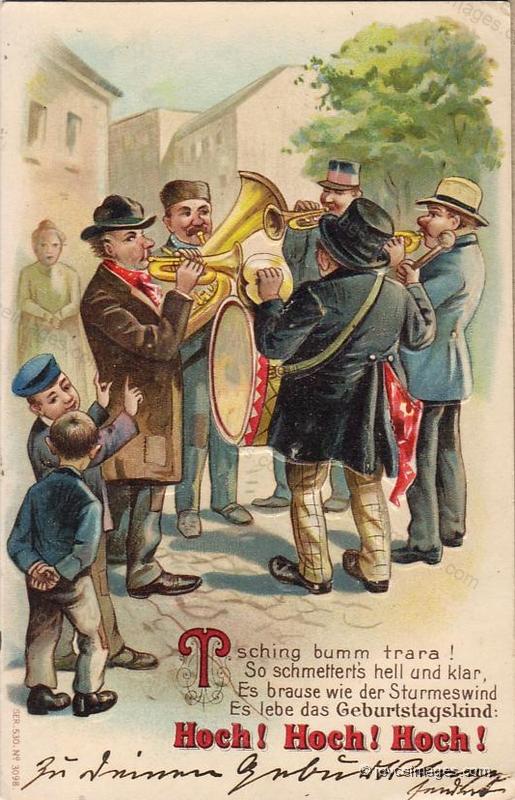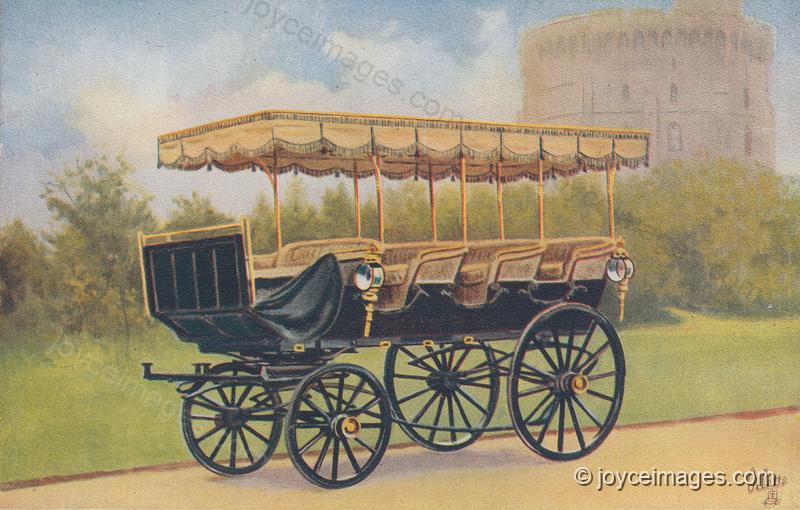"the Tommy Moore touch about Sara Curran and she's far from the land." (U12.500)
Sara Curran (1782 - 1808) was the great love of Robert Emmett, the Irish patriot who was executed in 1803. After Emmet's death, Sarah left her family and moved to Cork, where she met a soldier named Robert Sturgeon who offered her marriage and a home. They moved to Sicily, but she never fully recovered from her grief. Thomas Moore (1779 - 1852) wrote a sentimental poem about Curran, titled 'She is Far from the Land,' that starts:
'She is far from the land where her young hero sleeps,
And lovers around her are sighing,
But coldly she turns from their gaze, and weeps,
For her heart in his grave is lying!'
Sara Curran (1782 - 1808) was the great love of Robert Emmett, the Irish patriot who was executed in 1803. After Emmet's death, Sarah left her family and moved to Cork, where she met a soldier named Robert Sturgeon who offered her marriage and a home. They moved to Sicily, but she never fully recovered from her grief. Thomas Moore (1779 - 1852) wrote a sentimental poem about Curran, titled 'She is Far from the Land,' that starts:
'She is far from the land where her young hero sleeps,
And lovers around her are sighing,
But coldly she turns from their gaze, and weeps,
For her heart in his grave is lying!'
"Time they were stopping up in the City Arms Pisser Burke told me there was an old one there with a cracked loodheramaun of a nephew and Bloom trying to get the soft side of her doing the mollycoddle" (U12.504)
"playing bézique to come in for a bit of the wampum in her will and not eating meat of a Friday" (U12.506)
"And one time he led him the rounds of Dublin and, by the holy farmer, he never cried crack till he brought him home as drunk as a boiled owl and he said he did it to teach him the evils of alcohol and by herrings if the three women didn't near roast him, it's a queer story, the old one, Bloom's wife and Mrs O'Dowd that kept the hotel. Jesus, I had to laugh at Pisser Burke taking them off chewing the fat. And Bloom with his but don't you see? and but on the other hand. And sure, more be token, the lout I'm told was in Power's after, the blender's, round in Cope street going home footless in a cab five times in the week after drinking his way through all the samples in the bloody establishment. Phenomenon!" (U12.509)
" —Sinn Fein! says the citizen. Sinn fein amhain! The friends we love are by our side and the foes we hate before us." (U12.523)
"The last farewell was affecting in the extreme. From the belfries far and near the funereal deathbell tolled unceasingly while all around the gloomy precincts rolled the ominous warning of a hundred muffled drums punctuated by the hollow booming of pieces of ordnance." (U12.525)
"The deafening claps of thunder and the dazzling flashes of lightning which lit up the ghastly scene testified that the artillery of heaven had lent its supernatural pomp to the already gruesome spectacle. A torrential rain poured down from the floodgates of the angry heavens upon the bared heads of the assembled multitude which numbered at the lowest computation five hundred thousand persons." (U12.528)
"A posse of Dublin Metropolitan police superintended by the Chief Commissioner in person maintained order in the vast throng for whom the York Street brass and reed band whiled away the intervening time by admirably rendering on their blackdraped instruments the matchless melody endeared to us from the cradle by Speranza's plaintive muse." (U12.534)
"Special quick excursion trains and upholstered charabancs" (U12.539)
A charabanc (from the French "char-à-banc" = carriage with benches) is a type of horse-drawn vehicle or early motor coach, usually open-topped, common in Britain during the early 20c. It has benched seats arranged in rows, looking forward. It was commonly used for large parties, especially sight-seeing or work outings to the country or the seaside.
A charabanc (from the French "char-à-banc" = carriage with benches) is a type of horse-drawn vehicle or early motor coach, usually open-topped, common in Britain during the early 20c. It has benched seats arranged in rows, looking forward. It was commonly used for large parties, especially sight-seeing or work outings to the country or the seaside.
